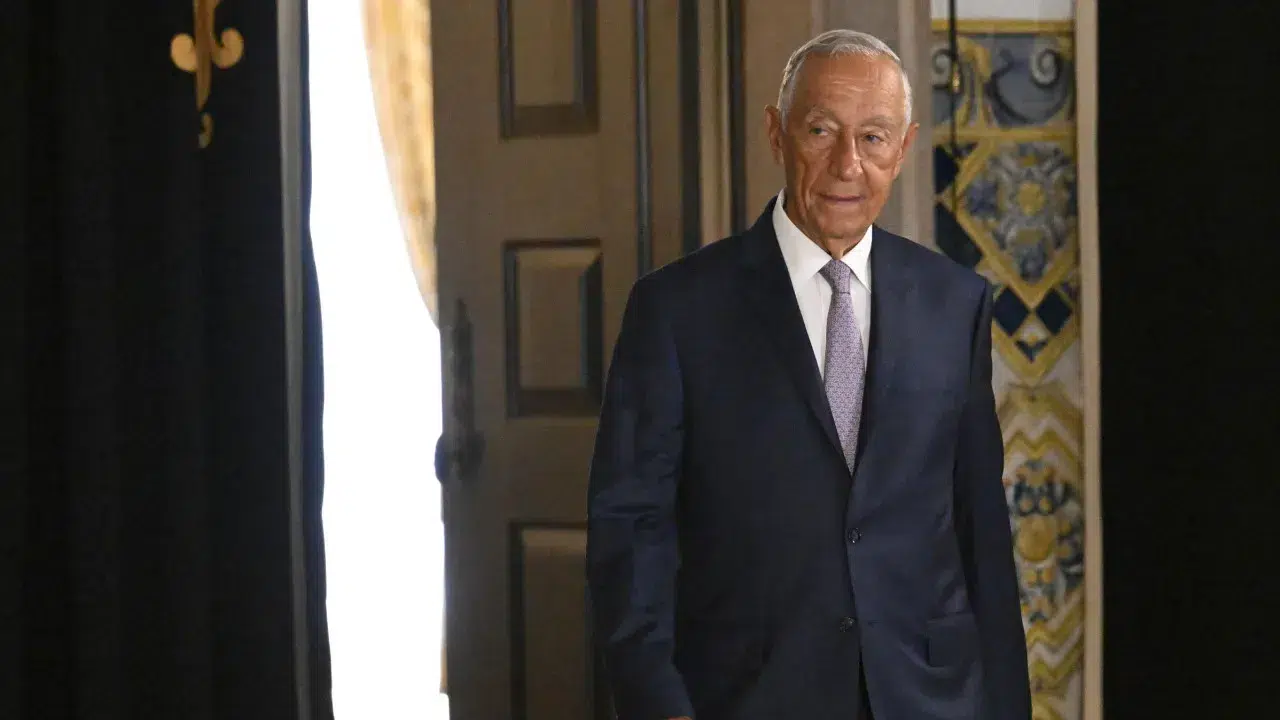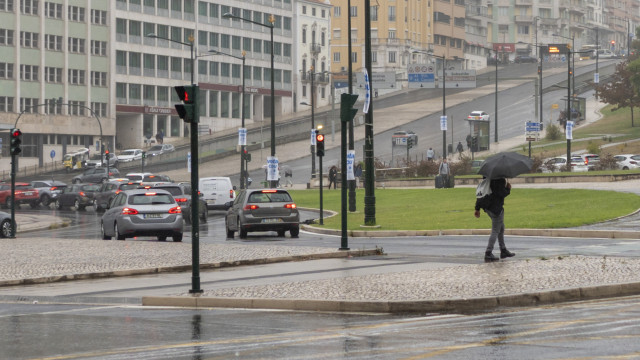
“Talent is finding a way in this domain that doesn’t increase fear, insecurity, or negativity for those leading the country, and that doesn’t undermine a crucial factor of our presence in the world,” stated the head of state.
Speaking to journalists on the sidelines of the 40th anniversary commemorations of the Union of Portuguese-Speaking Capitals (UCCLA) held in Lisbon, Marcelo Rebelo de Sousa observed that immigration, along with the naturalization of foreign citizens in Portugal, is a priority for both the government and the opposition, albeit with “opposing perspectives.”
“This means that the debate was inevitable,” commented the President of the Republic, acknowledging the presence of “different points of view at each moment,” in reference to a “wave sweeping the world,” which includes measures for immigration control, observed in the United States and some European countries, as a reaction to crisis times.
He noted that “it is easy to appeal to fear and concern, sometimes due to employment, security, or simply the aging of cities.”
Marcelo Rebelo de Sousa referred to the “talent for balancing the present waves, now being this one,” with the risk of creating “serious issues within the Portuguese-speaking community, or doubts, or intolerances, or other forms that minimize the projection of the language and culture” of these peoples.
“This is complicated,” he warned, as the Portuguese have “a lot of strength,” but other Portuguese-speaking countries have “different and essential strength worldwide.”
Marcelo Rebelo de Sousa recalled his time as leader of the opposition during the establishment of the Community of Portuguese-Speaking Countries (CPLP) in 1996, describing himself as “a defender of the significance of the Portuguese language and the community that speaks Portuguese.”
Hence, he warned that the CPLP is “a fundamental theme because it is one of the strategic factors for the country,” highlighting the roles of other CPLP countries, such as Brazil’s global dimension, Angola and Mozambique seeking regional significance, Cape Verde being a “bridge” between continents, and East Timor in the Asia-Pacific region.
“Therefore, none of these peoples can lose this, due to merely circumstantial issues,” insisted the head of state, adding that the last thing he could envision is “Portugal losing a crucial advantage due to poor management of a vital dossier for the country in the long run.”
The President emphasized the need not to “focus solely on the present moment or on tomorrow,” following Portugal strengthening its role in Europe by distinguishing itself through connections with other peoples on different continents that many European countries, perhaps the majority, do not have.”
Noting that various political forces in this debate have or had representatives of Portuguese-speaking communities, Marcelo Rebelo de Sousa reiterated the belief in “the Portuguese being very talented in creating platforms” and reaching consensus, making them “important in the world,” although this discussion is still in its infancy.
“I do not know the government’s proposals, I do not know the projects, I know that the debate in Parliament has begun, I know there are legislative initiatives,” said the head of state, looking forward to receiving the texts by the end of his term in Belém.
The President was also questioned by journalists about the Health Inspection General’s report concerning a death during the INEM strike but declined to respond, explaining he just returned from a trip and requested the document, which he has not yet read.




